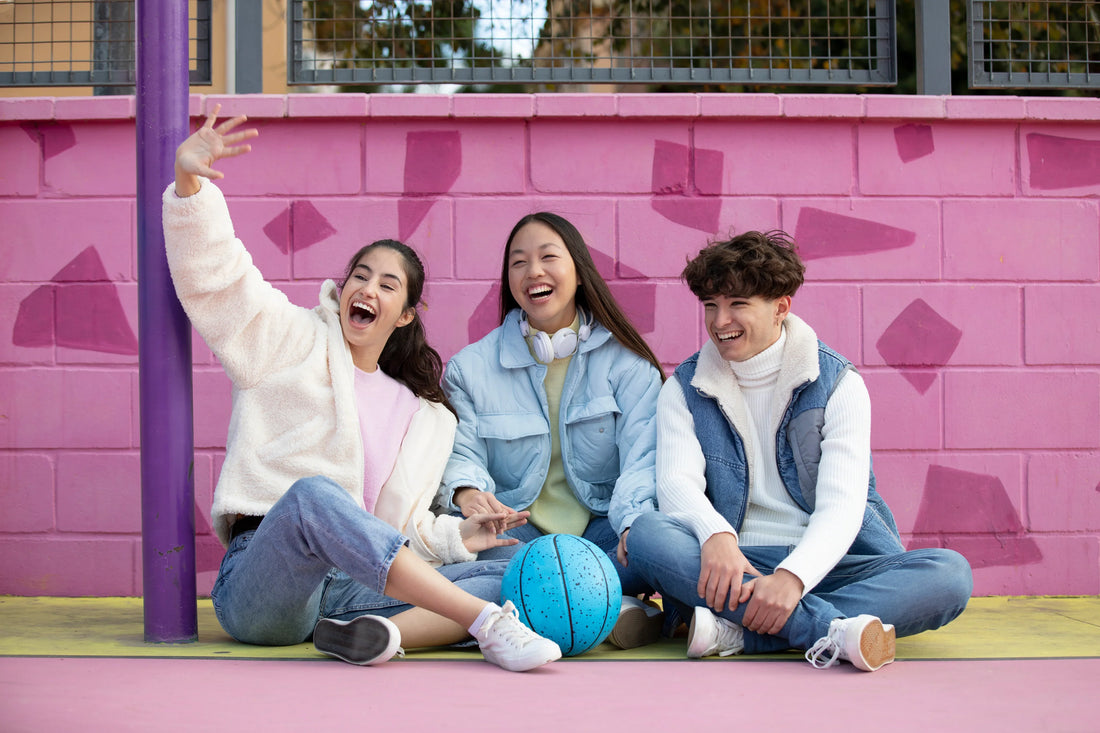
Equipping my child to make friends in Secondary School
Share
When my child goes over to secondary school, will he/she still have friends? My child has a certain personality. Can they still make friends? Can my child make good friends of positive influences, and also be a good friend?
Here are 7 ways you can equip your child to make some friends in their new secondary 1 environment.
1. Smile, be approachable.
During orientation period, they will be asked to play team bonding activities. Being approachable increases their chances of having that FIRST interaction with a stranger.
2. Be the first to say “hello” and introduce yourself
During quieter periods, instead of using their phones, get the conversation started. Say hi and introduce themselves to the person on their left and right. A simple and obvious wave into their line of sight and “Hi, I’m Chris” does the trick. You can get a group conversation going if one to one conversations may be a bit more awkward. Of course, try to remember the person’s name!
3. Equip them with conversation topics
Ask about their likes and dislikes, which school they come from, what they like to do in their free time. Any shows or games they play. Share, and give the other person a time to share
4. Show interest and ask questions
Deepen conversations by asking questions about the other person. Was it fun? What did you do there? Who did you go with?
5. Be open to doing activities with others
Let people see that you’re genuinely interested to be a part in this new class environment. Whenever the opportunity arises, share your strengths with others
6. Identify bullying and not take part in it
Know the fine line between making a joke and bullying. Realise that their actions will affect others. Do not take part in bullying and raise it up if necessary.
7. Be courageous to say “no”
Though friends are important, doing what’s right is important too. If your child meets others who do things that makes him/her uncomfortable, be willing to say no. If it means having to find other friends, it will be a tough but worthy decision. While you may not “helicopter” over your child, equip them with the skill to recognise good and bad influences.
All in all, do help your child realise that everyone is different. If they want to attract friends, they have to be a friend themselves. As they display characteristics of friends they want to have, those with similar characteristics will be attracted to them.
Finally, in any environment they go, with anyone they interact with. They must learn to work with others. There will be instances they interact with people they don’t get along with. In their CCAs, group projects, and other experiences. They don’t have to love them, but they must be able to work with them.
